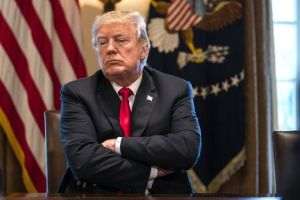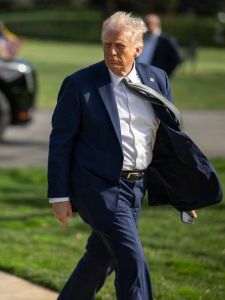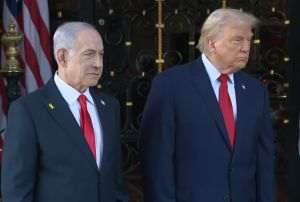During the 20th Century and in light of the universal vote corroborated with an increasing civic participation, politics expanded its scope, enveloping more and more social, economic or cultural areas within its influence radius. Given their ability to mobilize masses, sports became a prevalent area of out-in-the-open political interferences. In this context, football, the most popular sport in Europe and Latin America, gained the role of a legitimization factor. The lack of ideology and vision that politicians emerging from mass movements were suffering from was compensated by their presence in stadiums and, later on, by their involvement, directly or through proxies, in the management of football teams.
In their attempt to infiltrate deep social layers, inaccessible to the classic political currents (Liberalism and Conservatism), the totalitarian ideologies (fascism and communism) were the first to realize, over a century ago, the propagandistic and manipulative potential of football. Hardened football fans tend to lose their identity and blend into reactive masses. The success resulted from penetrating the mass layers of society through football prompted all other political currents to embrace this model, while politicians seeking votes or sanctuary find football to be a very appealing stage or shelter, whichever the case may be. Football also provides alibis and protection to those who have ventured beyond the conventional boundaries or politics or economics.
The resemblance between football and politics stems from the equally competitive and ludic nature or both of them. The symbolic struggle between clans (communities that identify with the team) and the conflict triggered by the lust for key offices appear comparable to some. The identity crisis generated by the atomized consumer society appears obsolete in light of the (only visual) participation in the competition. Surrounded by masses of other fans, an individual thinks he has found the feeling of collective belongness.
The confusion between football and politics is deliberate. The public space of political confrontation is therefore replaced with a private space disguised as public in order to camouflage political-economic coteries that parasitize political parties and control the public administration. The confusion between football and politics proves its usefulness within the strategy to impose domination. Since football is a private activity, domination is manifested in the form of the relationship between master (football team owner) and subjects (players as well as supporters). The master's power lies in a system of bonuses and penalties forming a symbolic system of conflict. The transmutation of this type of relationship into politics - where, theoretically speaking, all participants are equals - generates inequality that is highly profitable to those who have the power. They are no longer elected leaders, but natural "patrons.' Political competition is therefore terminated. Competition in football (if it actually exists and is not just a pretense) conceals the lack of political competition. No doubt, rigged football games have their correspondents in politics.
On the other hand, football expresses vitality, a masculine attribute without which politics would be incomprehensible in patriarchal societies. By speculating the collective imagination and promoting the replacement of the "patron' with a young, athletic player, the proximity between football and politics ensures the revitalization of the "patron' who symbolically draws his energy from controlling the football game.
The relationship between football and money reflects the equally occult relationship between money and politics. Both football and politics provide public protection against possible problems caused by public control. Silvio Berlusconi, the absolute example in this field, has become an inspiration in Romania, too, which explains Gigi Becali, Mitica Dragomir, Anghel Iordanescu, Dinel Staicu, Dumitru Sechelariu or Gheorghe "Penalty" Stefan and their involvement in politics. The confusion is generalized. Politics no longer implies programs, while football becomes the best substitute for doctrine as it passes for principles and also offers great media exposure. Possible authorities from either area slide into the other without any questions asked. When political parties cannot form, maintain and inform supporters, football steps in as a substitute. However, this strategy only works on short term. As a substitute for politics, football cannot generate public benefits. The long term, the confusion between football and politics can jeopardize the frail Romanian democracy.

















































